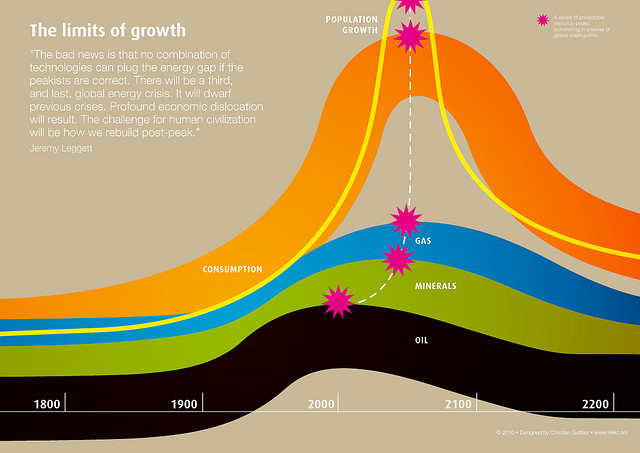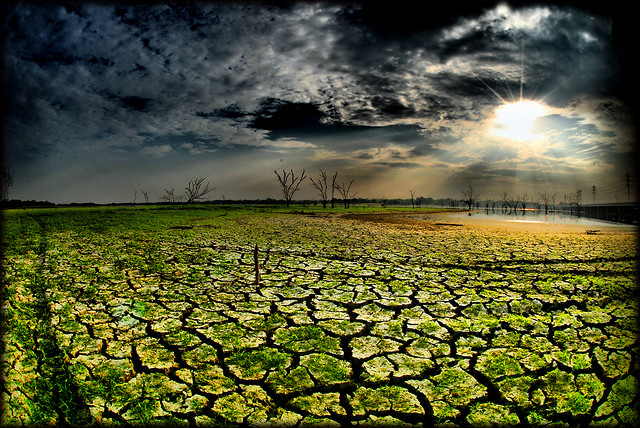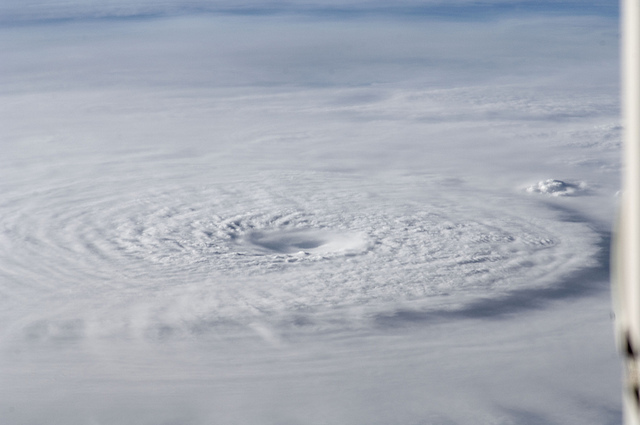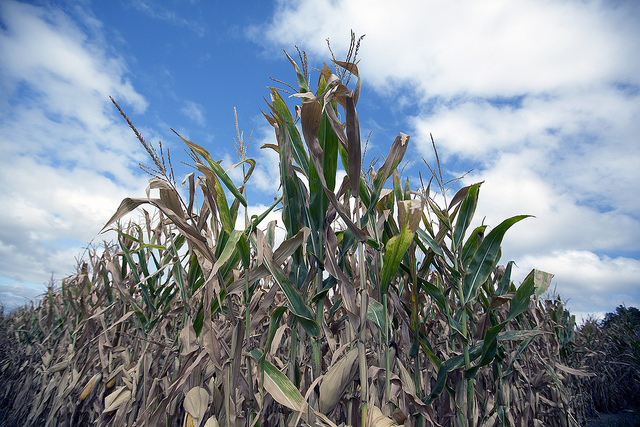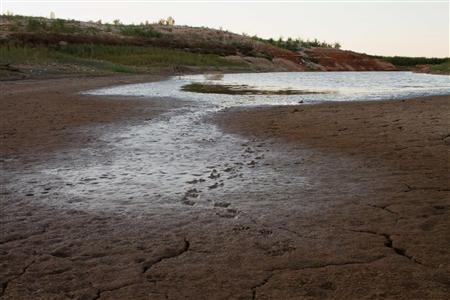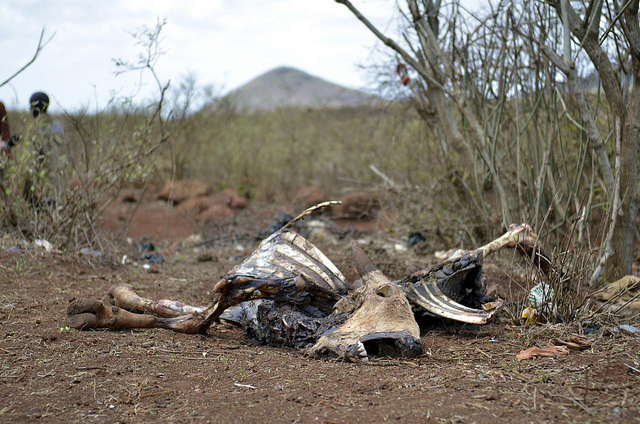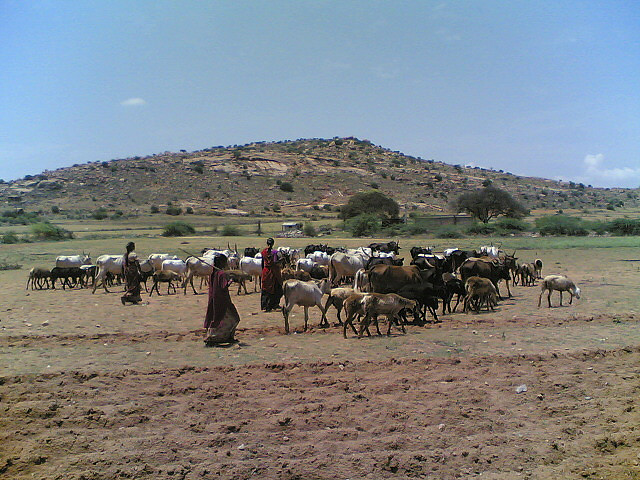Podcast: Play in new window | Download
Subscribe: RSS
Thanksgiving is coming, and Christmas and Kwanzaa and Hanukkah and New Year’s, and we should make the best of them. These are the good old days, and we should celebrate them well, because we are probably not going to see their like again. Gas is cheaper than it was, and we should go to see the relatives this year, because next year will be different. Food is a little more expensive than it was, yet we should eat hearty nevertheless, because next year will be different. We still have plenty of water (if we don’t live in California, or Brazil, or North Africa, or any of a multitude of other places being seared by implacable drought) but, because of changing climate and advancing pollution, next year could be different. The lights are still on, but the aging grid is creaking and groaning with the effort of meeting our burgeoning demand, and next year could well be different. Eat, drink, and be merry, for tomorrow we diet. Continue reading

